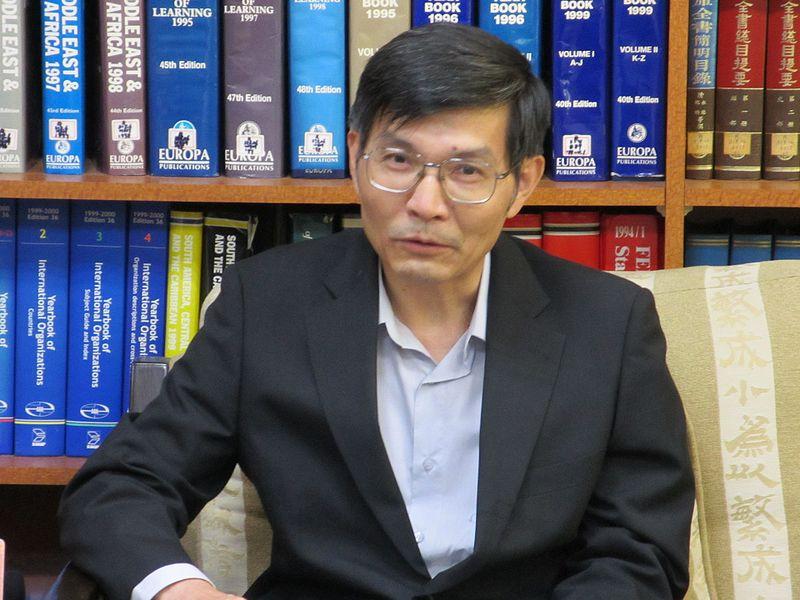Su Chi-cheng, director of the Taiwan Representative Office in Osaka, Japan, committed suicide on Sept. 14 following heavy criticism for his supposed negligence in the rescue of citizens stranded at Kansai Airport during heavy rains caused by Super Typhoon Jebi.
The criticism was based on false reports by mainland Chinese media claiming that the People’s Republic of China consular authorities in Japan had sent buses to pick up stranded mainland citizens, leading to an uproar in Taiwan — officially the Republic of China — over Su Chi-cheng’s seeming failure to rescue ROC citizens in Japan.





